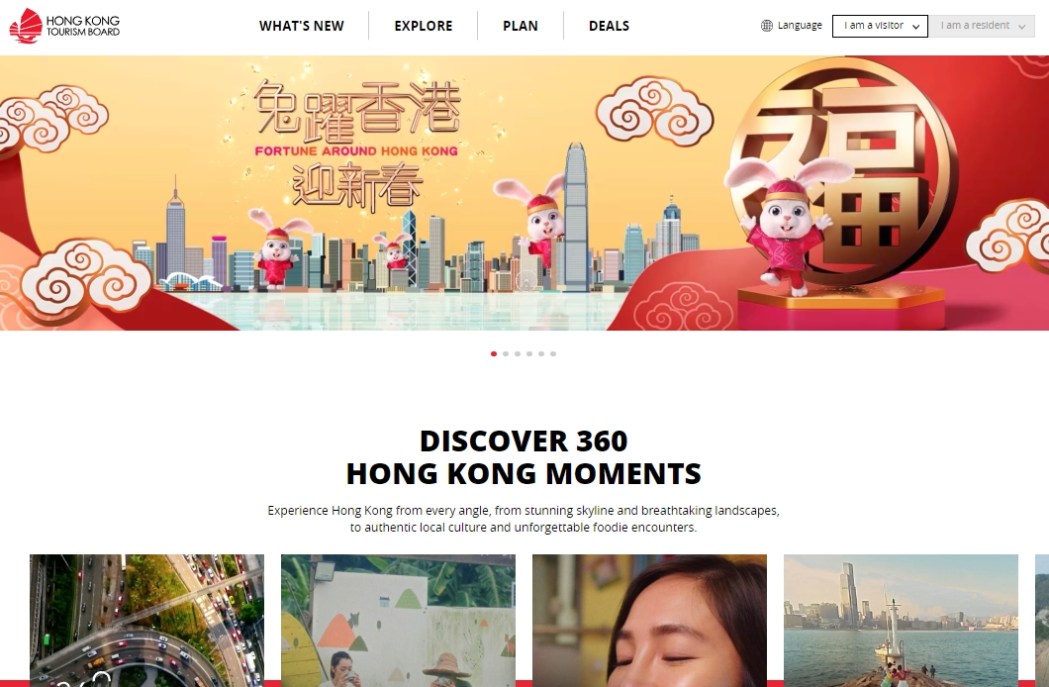Sports associations in this century-old city are told to attach the country’s name to their own. It isn’t that surprising given the recent trend to keep reminding people of where the sovereignty of Hong Kong lies.

Although stating the obvious is usually not considered good practice, this has been quite common in the Chinese mainland. Whenever the name of Hong Kong comes up in articles written up north, the country’s name is firmly placed in front of the city’s. The same applies to Macau and Taipei, but rarely for Beijing, Shanghai, or Guangzhou.
Some who accidentally missed uttering the country’s name when talking about these special cities had found themselves inundated by waves of criticism. Such unpatriotic omissions might even serve as proof of the person’s separatist intentions in the eyes of Chinese netizens.
So, the establishment of Hong Kong, which sees patriotism as the highest guiding principle, is of course keen to jump on this bandwagon of name attachment, until it isn’t.
The Hong Kong Tourism Board, which is responsible for promoting the image of the city to overseas visitors, has no reference of the country in its name. The domain name of its website seems to be asking tourists to discover Hong Kong without telling them that it is China that they are discovering.

When the government was in a panic for losing the city’s status as an international financial centre under Covid lockdown, the Hong Kong Monetary Authority organised an investment summit. Officials were keen to tell that Hong Kong is up and running again, but failed to give investors the right impression that it is a city of China that is back.
Moreover, when the US was willing to recognise Hong Kong products as goods produced in China, instead of welcoming such a politically correct move, the authority protested vehemently, appealing to the World Trade Organization for a ruling that separates products of Hong Kong from made-in-China goods.
So what does the government actually want? But more importantly, what is the point of stating a blindingly obvious fact? Perhaps some overseas examples can help explain this.
The world-famous tax haven, the British Virgin Islands, is surely one of them. There is a very legitimate reason for having a country prefix: there are American possessions in the same archipelago.
To avoid confusion, it seems logical for the adjective “British” to be included. But interestingly, the official name is actually the “Virgin Islands“. And the local government even encourages people to talk about the territory without a country prefix.
If we continue to look at examples of British possessions, Gibraltar is a particularly controversial one. The dispute between Britain and Spain over this huge rock at the southern tip of the Iberian Peninsula stretches as far back as to the 18th century.
While the Spanish continue to claim sovereignty over Gibraltar and the Gibraltarians continue to stress their Britishness, there doesn’t seem to be an appetite to put “Britain” or “British” in the name of the territory.
Another interesting example would be British Columbia. Though it might sound very convincing for it to be a part of Britain, everyone with a bit of geographical knowledge knows that it is a province of Canada. The adjective stays to avoid confusion with a South American country and a Pacific island, not because of some nationalistic imperialism.
Having a country’s name attached seems to have little to no impact on the impression of possession of a particular territory. But even without an official name change, it is generally accepted to have a country prefix when there is confusion, and differentiation is needed.
For Hong Kong, it confuses no one when this one-and-only city is mentioned. But perhaps something has to be differentiated.
Looking at Hong Kong through the lens of history, there is a period we would attach an adjective to the city’s name – British Hong Kong. Maybe a new Hong Kong, different from the past, is what this obsession with name attachment is all about.

In the bad old days of British Hong Kong, the head of the territory were unelected governors who corrupted these peaceful fishing villages and created a hub of global profiteers; in today’s Chinese Hong Kong, there is a chief executive elected by a group of Chinese patriots who work tirelessly reading into inspiring speeches given by their great leader.
This may be the good story that is so needed to be told and requires a distinction from the past.
As the new CE writes a new chapter for the city, aside from asking sports associations to embrace a new name, he should be the first to take the initiative, and be loud and clear to the world that the good stories he is selling are those of Chinese Hong Kong.
Support HKFP | Policies & Ethics | Error/typo? | Contact Us | Newsletter | Transparency & Annual Report | Apps
Help safeguard press freedom & keep HKFP free for all readers by supporting our team
| HKFP is an impartial platform & does not necessarily share the views of opinion writers or advertisers. HKFP presents a diversity of views & regularly invites figures across the political spectrum to write for us. Press freedom is guaranteed under the Basic Law, security law, Bill of Rights and Chinese constitution. Opinion pieces aim to point out errors or defects in the government, law or policies, or aim to suggest ideas or alterations via legal means without an intention of hatred, discontent or hostility against the authorities or other communities. |

More HKFP OPINION:
HKFP has an impartial stance, transparent funding, and balanced coverage guided by an Ethics Code and Corrections Policy.
Support press freedom & help us surpass 1,000 monthly Patrons: 100% independent, governed by an ethics code & not-for-profit.










